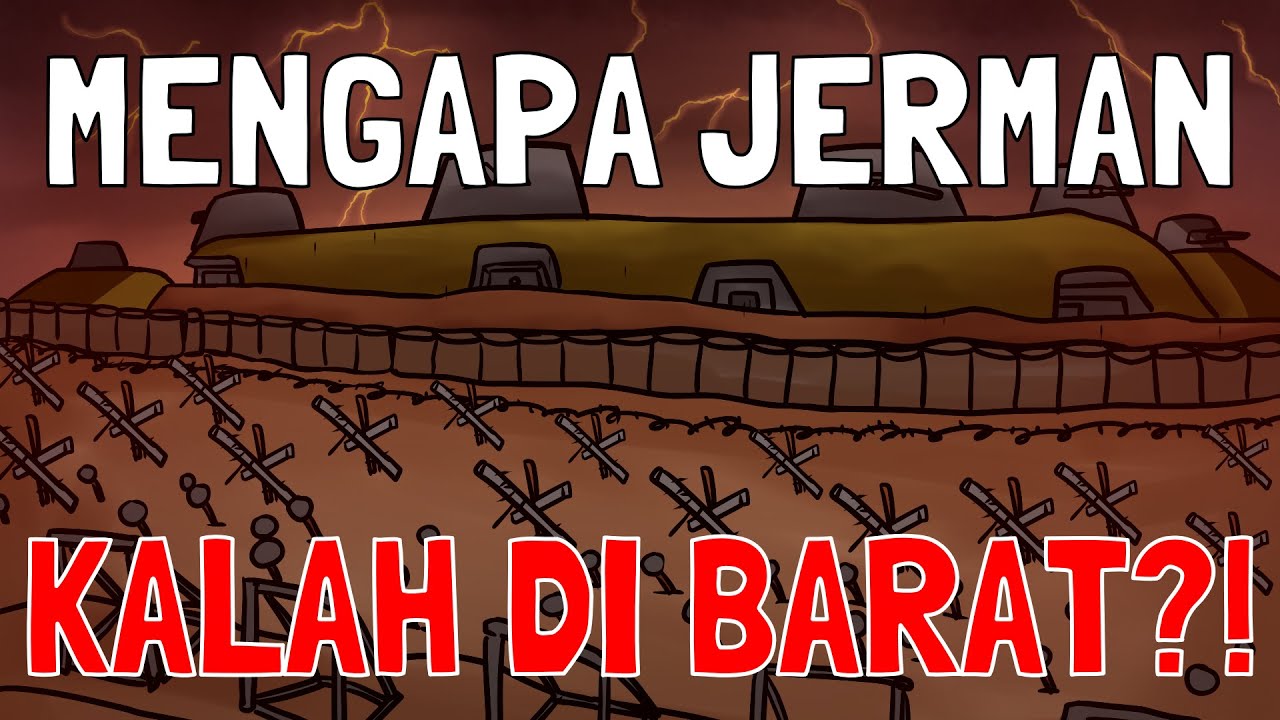Operation Northwoods: The U.S.'s Shocking False Flag Plot!
Summary
TLDROperation Northwoods, a chilling chapter in US military history, involved the Joint Chiefs of Staff devising false flag operations to justify an invasion of Cuba during the Cold War. The plan, which included staging attacks on US soil and hijacking planes, was rejected by President Kennedy due to its unethical nature. The revelation of this plot in the 1990s raised questions about government transparency and the manipulation of public opinion.
Takeaways
- 😲 The United States government considered Operation Northwoods, a plan to stage violent attacks on its own citizens to justify an invasion of Cuba during the Cold War.
- 🌐 The plan was a response to the heightened tensions between the U.S. and the Soviet Union, especially after Fidel Castro's rise to power and alignment with the USSR.
- 🚩 The Joint Chiefs of Staff within the Department of Defense were the main proponents of Operation Northwoods, aiming to create a pretext for military intervention in Cuba.
- 🛡️ The operation involved elaborate and unethical false flag operations, such as hijacking planes and blaming Cuban operatives, to deceive the public and justify military action.
- 🛑 President John F. Kennedy was appalled by the plan and refused to authorize it, demonstrating his commitment to ethical governance.
- 🔫 The CIA, under figures like Sidney Gottlieb, was involved in various covert operations targeting Castro, including assassination attempts and plots to humiliate him.
- 🤔 The rejection of Operation Northwoods and the subsequent firing of key figures like Allen Dulles and General Charles Cabell may have contributed to animosity towards Kennedy.
- 🔍 The story of Operation Northwoods was kept secret for decades until declassified documents were released in the 1990s, revealing the shocking extent of the plan.
- 🏛️ The operation serves as a cautionary tale about the dangers of letting fear and desperation drive decision-making in government, emphasizing the importance of ethical considerations.
- 🌟 The public reaction to the revelation of Operation Northwoods was one of shock and disbelief, sparking discussions on the role of government in manipulating public opinion and conducting covert operations.
Q & A
What was Operation Northwoods?
-Operation Northwoods was a proposed false flag operation by the United States Department of Defense, specifically the Joint Chiefs of Staff, during the Cold War. It involved staging violent attacks on U.S. soil and blaming them on Cuba to justify a military invasion.
Why was Operation Northwoods considered?
-Operation Northwoods was considered due to the heightened tensions between the U.S. and Cuba following Fidel Castro's rise to power and his alignment with the Soviet Union, which was seen as a direct threat to U.S. security.
What were some of the proposed actions in Operation Northwoods?
-Some of the proposed actions included hijacking U.S. planes, staging the sinking of boats filled with Cuban refugees, and orchestrating violent incidents in American cities like bombings and shootings, all to be blamed on Cuba.
Who was involved in the planning of Operation Northwoods?
-Operation Northwoods was endorsed by senior military officials and the CIA, with CIA Director Allen Dulles playing a key role in supporting these extreme measures.
What was the role of Sidney Gottlieb in relation to Operation Northwoods?
-Sidney Gottlieb, often referred to as the CIA's 'Poisoner in Chief,' was involved in various covert operations targeting Fidel Castro, including assassination attempts and plots to humiliate him, though his direct involvement with Operation Northwoods is not explicitly mentioned.
How did President John F. Kennedy respond to Operation Northwoods?
-President Kennedy was appalled by the plan and rejected it, recognizing the moral implications and potential long-term damage to the U.S. government's credibility.
What were the consequences of Kennedy's rejection of Operation Northwoods?
-Kennedy's rejection of Operation Northwoods reflected his commitment to ethical governance. He also became increasingly distrustful of the intelligence community and military leadership, leading to the firing of CIA Director Allen Dulles and General Charles Cabell.
What is the significance of Operation Northwoods in history?
-Operation Northwoods serves as a cautionary tale about the dangers of allowing fear and desperation to drive decision-making in government. It highlights the importance of transparency, accountability, and ethical considerations in government actions.
When did the public become aware of Operation Northwoods?
-The public became aware of Operation Northwoods in the 1990s when declassified documents were released, revealing the previously hidden plan.
What lessons can be drawn from Operation Northwoods for modern society?
-The lessons from Operation Northwoods include the importance of questioning narratives presented by those in power, especially during times of crisis, and the need for transparency and ethical decision-making in government actions.
Outlines

Этот раздел доступен только подписчикам платных тарифов. Пожалуйста, перейдите на платный тариф для доступа.
Перейти на платный тарифMindmap

Этот раздел доступен только подписчикам платных тарифов. Пожалуйста, перейдите на платный тариф для доступа.
Перейти на платный тарифKeywords

Этот раздел доступен только подписчикам платных тарифов. Пожалуйста, перейдите на платный тариф для доступа.
Перейти на платный тарифHighlights

Этот раздел доступен только подписчикам платных тарифов. Пожалуйста, перейдите на платный тариф для доступа.
Перейти на платный тарифTranscripts

Этот раздел доступен только подписчикам платных тарифов. Пожалуйста, перейдите на платный тариф для доступа.
Перейти на платный тарифПосмотреть больше похожих видео

Bagaimana Jerman Kalah dalam Pertempuran di Front Barat? - Invasi D-Day (FULL)

Iran's nuclear sites 'severely damaged' after operation of 125 warplanes - top US general | BBC News

How to win a war in 100 hours

"Iran DIDN'T attack Trump, the Deep State DID" Roger Stone warns of false flags | Redacted News

AI in the military: Gen. Milley on the future of warfare

SIAP² PERANG DUNIA KE-3 SUDAH MULAI? Penjelasan Perang Dunia II Dari Awal Hingga Akhir
5.0 / 5 (0 votes)
